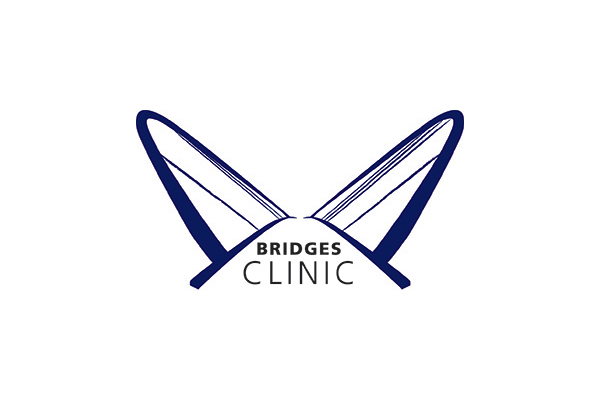Most strokes are caused by a blockage cutting off the blood supply to the brain. This is called an ischaemic stroke.
Causes
A blockage can be caused by a blood clot forming in an artery leading to the brain or within one of the small vessels deep inside the brain. This is called cerebral thrombosis.
Blockages in the brain can also be caused by a blood clot or other matter (such as an air bubble) moving through the blood stream from another part of the body. This is called a cerebral embolism.
There are a number of reasons why blockages can form and cause an ischaemic stroke. These include:
- atherosclerosis occurs when fatty deposits build up on the inside walls of your arteries. They cause your arteries to become harder and narrower, making them more likely to become blocked.
- small vessel disease is when the tiny blood vessels within your brain become blocked. Deposits collect in the blood vessels, causing them to thicken and become less flexible.
- some heart conditions can cause blood clots to form in your heart, which can then move through your blood stream up into your brain.
- arterial dissection occurs when tears develop in the lining of an artery and allow blood to get between the layers of your artery walls. This can happen for no clear reason or it can happen because of an injury to the neck.
Diagnosis
A stroke is a medical emergency and if you have any stroke symptoms you need to call 999 immediately.
You may start off in accident and emergency or another assessment ward, but it is likely you will be quickly admitted to an acute (or hyper-acute) stroke unit. An acute stroke unit has a range of trained professionals who are experienced in stroke care.
The quicker your stroke is diagnosed and treated, the better your recovery will be.
A brain scan can show what type of stroke you have had. A computed tomography (CT) scan or a magnetic resonance imaging (MRI) scan. The scan will show whether your stroke has been caused by a blockage or by a bleed.
Treatment
If your ischaemic stroke is caused by a blood clot, you may be treated with a clot-busting medicine, known as thrombolysis.
Thrombolysis can break down and disperse a clot that is preventing blood from reaching your brain. However, for it to have the best effect, it needs to be given within four and a half hours of your stroke symptoms starting.
Thrombectomy is a treatment that removes the clot with a mechanical device. There are currently only a few centres in the UK where this treatment is available, as the number of trained practitioners is still low
Most people who have an ischaemic stroke will be given anti-platelet medication, which helps to prevent blood clots from forming.
